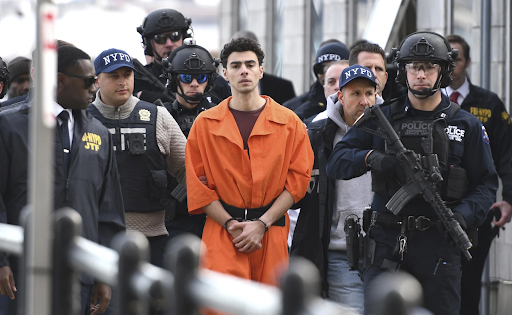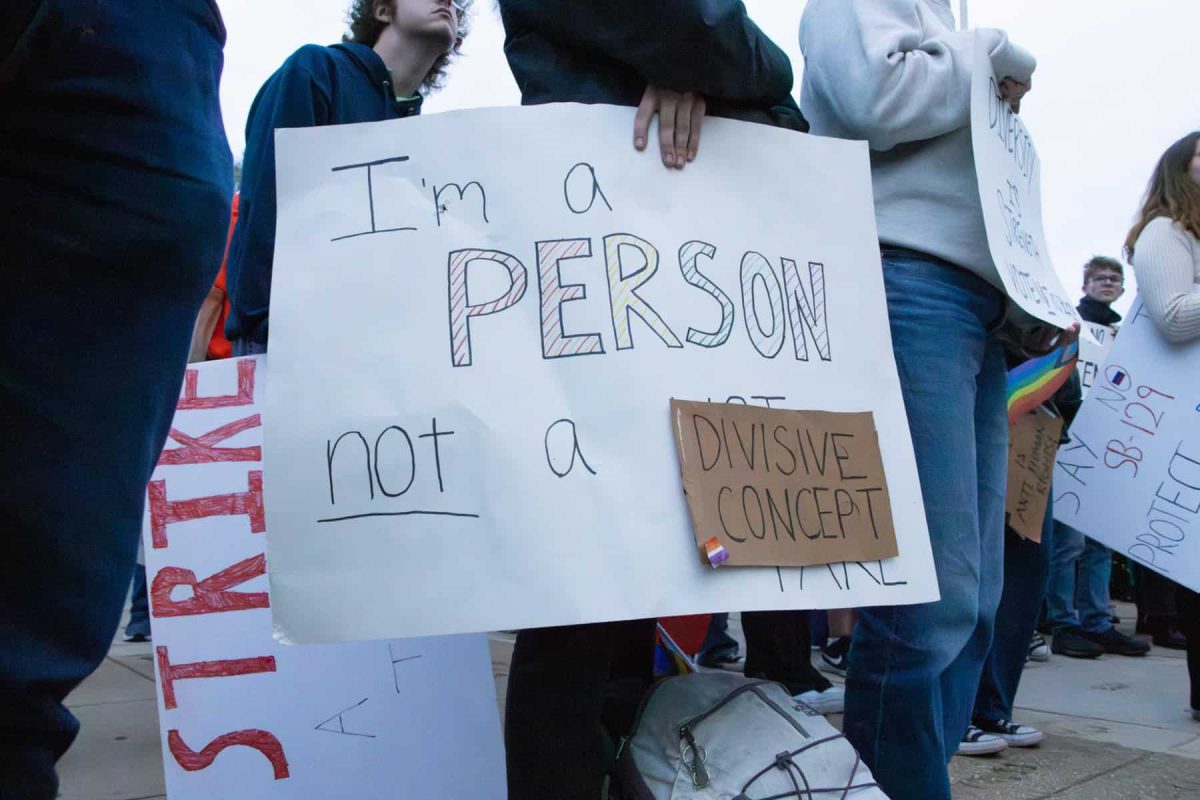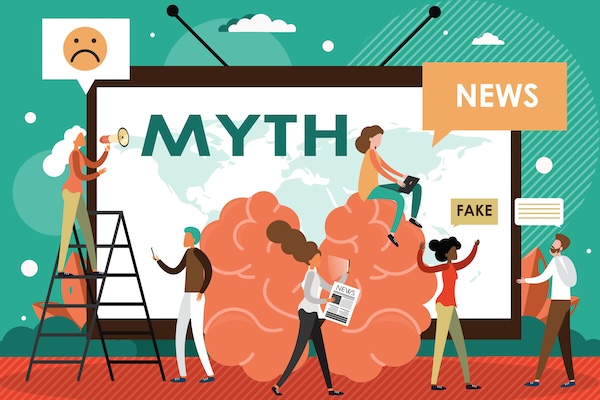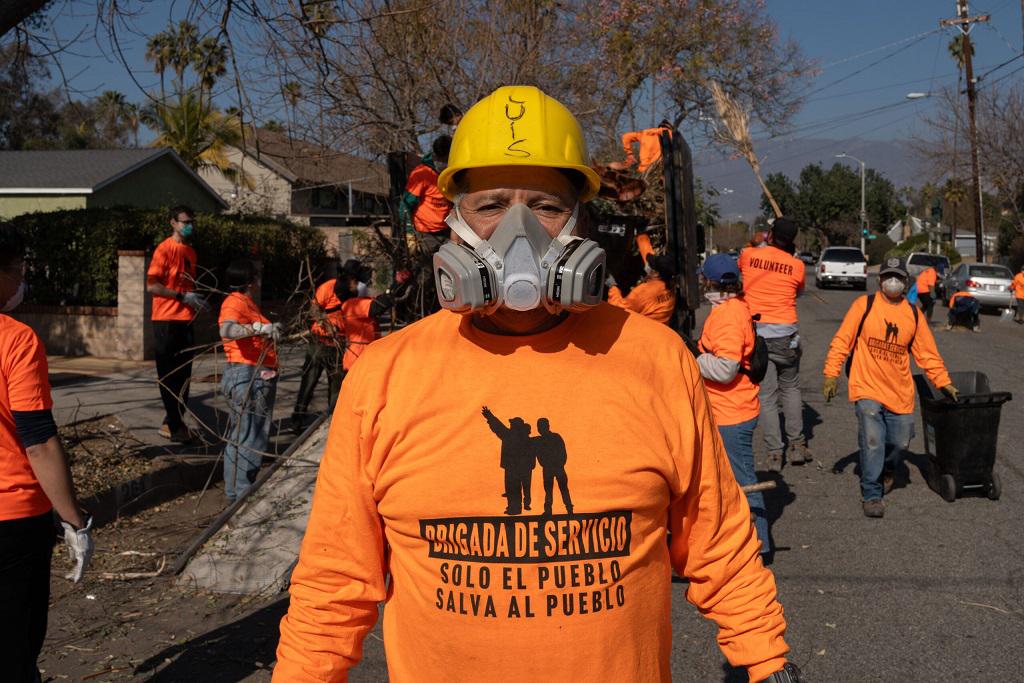It has been more than two months since Luigi Mangione allegedly shot the UnitedHealthcare CEO, Brian Thompson. We have seen the spectrum of media coverage and Mangione’s stance condemning the healthcare system, but I have not seen healthcare policies change. I have not seen the structure of the healthcare system, or any messed up function of our economic system, change.
Even before any of this happened, the Federal Trade Commission (FTC) report released in July 2024 details how Pharmacy Benefit Managers (PBMs) inflate drug costs. Despite the report and public cries for reform, the companies responsible for such behavior continue to operate as usual. UnitedHealthcare (UHC) stock took a hit after the shooting on Dec. 4, but is settling.
This is a stark reality check for the United States. It shows us the depth of distrust between the rich and poor of society, and exposes the rigid power structure of the American class system creating such distrust while attempting to hide it.
I do not think there has been a period in time where this divide has ever been clearer. While a healthcare company earns thousands of dollars from overcharging cancer patients by 5000%, a man sits in prison, being celebrated by working class and younger individuals for allegedly murdering someone deemed as a figurehead of this injustice.
What I find most ironic is both sides are equally convinced they are right. The separation is determined by class. Not race, gender, sexuality or anything but the dollar amount in their bank account. Both sides are, even more so, divided against themselves, but nothing makes rich people come together more than when poor people come for their power.
Although this growing contradiction cannot be ignored, it can be avoided. You wake up to the same routine, only this time slightly more aware of the paradox of modern America, and the layers of lies that have been fed to you since birth – that we are the good guys, you can live out the American dream and we live in a time of peace.
The power structure of modern capitalism is so rigid, it cannot be changed with just one revolutionary act. It is the compounding of revolutionary acts that brings change. When will people choose to no longer remain complacent in the corruption that controls our world, even if it doesn’t serve their short-term self interest? Even if it is career ending?
There is undoubtedly a base level of violence necessary to create change. But apparently, the death of a CEO is not enough. The murder of thousands of innocent civilians and the destruction of entire cities is not enough. The prolonged invasion of a sovereign nation is not enough. Such violence doesn’t create change but rather upholds the current system by controlling people through fear.
Those who lead through fear only stay in power as long as those they govern lack courage. We are comfortable enough to participate in the current economic system because there is no currently viable option that enough people are united on to shift to and expunge the current one. As long as there is more comfortability in complacency and too much uncertainty in what is revolutionary, this cycle will inevitably continue.
The case of Mangione gives me hope for where we’re at, but even greater clarity on how much farther we need to go. It is more important now than ever to support the parts of our justice system that challenge injustice. Education and awareness of issues is the first step to knowing how to solve them. With how much there is out there, this task isn’t to be done alone. We all play a part, no act is too small, every thought counts. We have more power than we think.
All content under the opinion section is not a direct reflection of The University News, but expresses the opinion of the writer, not necessarily the organization as a whole.










